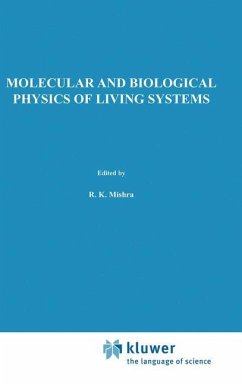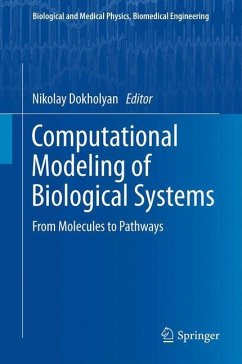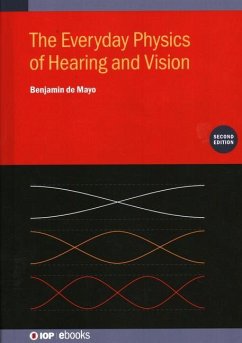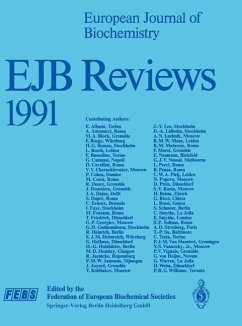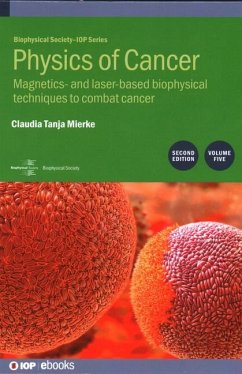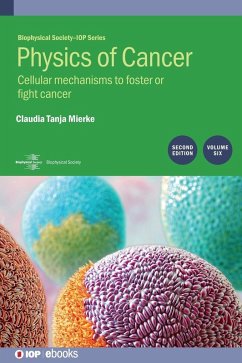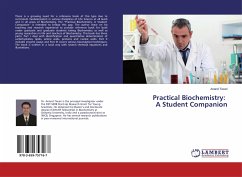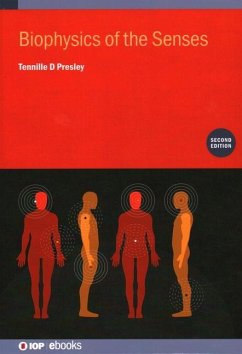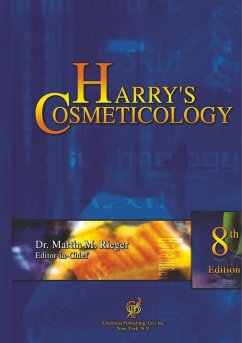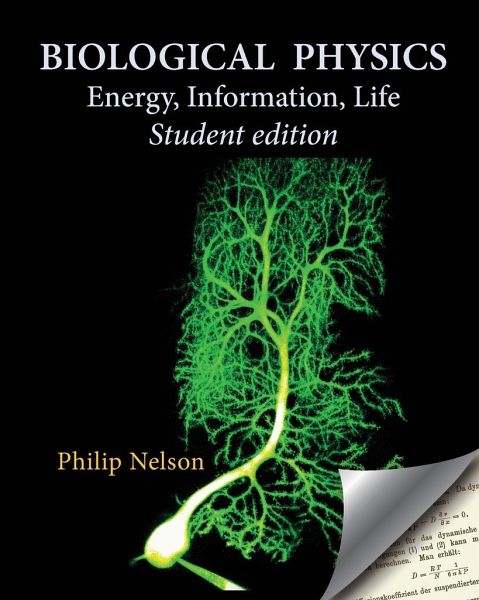
Biological Physics Student Edition
Energy, Information, Life
Versandkostenfrei!
Versandfertig in 1-2 Wochen
23,99 €
inkl. MwSt.

PAYBACK Punkte
12 °P sammeln!
Award-winning professor brings you from first-year physics and chemistry to the frontier of single-molecule biophysics. Biological Physics is a university textbook that focuses on results in molecular motors, self-assembly, and single-molecule manipulation that have revolutionized the field in recent years, and integrates these topics with classic results in statistical physics, biophysical chemistry, and neuroscience. The text also provides foundational material for the emerging fields of nanotechnology and mechanobiology, and has significant overlap with the revised MCAT exam. This inexpensi...
Award-winning professor brings you from first-year physics and chemistry to the frontier of single-molecule biophysics. Biological Physics is a university textbook that focuses on results in molecular motors, self-assembly, and single-molecule manipulation that have revolutionized the field in recent years, and integrates these topics with classic results in statistical physics, biophysical chemistry, and neuroscience. The text also provides foundational material for the emerging fields of nanotechnology and mechanobiology, and has significant overlap with the revised MCAT exam. This inexpensive new edition updates the classic book, particularly the chapter on motors, and incorporates many clarifications and enhancements throughout. Exercises are given at all levels of difficulty. Instead of offering a huge pile of facts, the discovery-style exposition frequently asks the reader to reflect on "How could anything like that happen at all?" and then shows how science, and scientists, have proceeded incrementally to peel back the layers of mystery surrounding these beautiful mechanisms. Working through this book will give you an appreciation for how science has advanced in the past, and the skills and frameworks needed to push forward in the future. Additional topics include the statistical physics of diffusion; bacterial motility; self-assembly; entropic forces; enzyme kinetics; ion channels and pumps; the chemiosmotic mechanism and its role in ATP maintenance; and the discovery of the mechanism of neural signaling.





